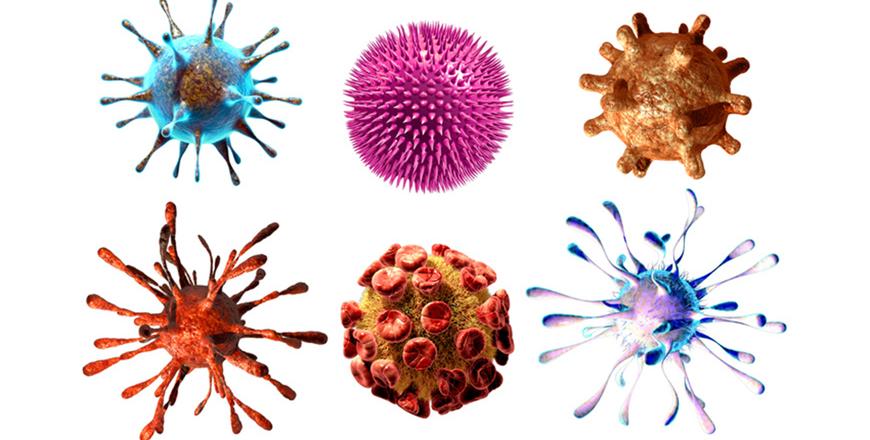- Mix
- Sun-2021-04-18 | 02:54 pm

Nayrouz News Agency :
Lessons learned during the COVID-19 pandemic should be used to fight the spread of drug-resistant bacteria, which kill tens of thousands of people each year, the World Health Organisation (WHO) on Thursday said.
The UN health agency warned that the world was running out of options for fighting so-called superbugs, with few new effective antibiotics in the pipeline.
But it said that the coronavirus crisis, which had dramatically deepened the global understanding of the health and economic implications of an uncontrolled pandemic, could spur progress.
The worldwide push to rein in the pandemic had proven that rapid progress can be made when there is enough political will, the WHO pointed out.
"Antibiotics present the Achilles heel for universal health coverage and our global health security,” Haileyesus Getahun, who heads the WHO’s anti-microbial resistance division, warned in a statement.
"Opportunities emerging from the COVID-19 pandemic must be seized to bring to the forefront the needs for sustainable investments in [research and development] of new and effective antibiotics.”
Among other things, he said, there should be a global mechanism to pool funding to battle the scourge of antimicrobial resistance, along the same lines as the mechanisms created to fund the development of COVID-19 vaccines.
Antibiotic resistance happens when bugs become immune to existing drugs, like antibiotics, antivirals or anti-fungals, rendering minor injuries and common infections potentially deadly.
Resistance has grown in recent years due to overuse of such drugs in humans and also in farm animals.
‘Insufficient’
Discovered in the 1920s, antibiotics have saved tens of millions of lives by defeating bacterial diseases such as pneumonia, tuberculosis and meningitis.
But over the decades, bacteria have learned to fight back, building resistance to the same drugs that once reliably vanquished them — turning into so-called "superbugs”.
To counter bacteria’s ability to become resistant to known drugs, a steady stream of new antibiotics is needed, but for pharmaceutical companies, developing competitive new products in this field is complicated, costly, and not seen as very profitable.
Almost all new antibiotics that have been brought to market in recent decades are variations of antibiotic drugs discovered before the 1980s, the WHO pointed out.
Since 2017, the UN agency has published an annual report on what antibacterials are in the pipeline, evaluating their potential for stemming the crisis.
In the report published Thursday, it concluded that none of the 43 new antibiotics currently being developed sufficiently address the problem of drug resistance in the world’s most dangerous bacteria.
It also pointed out that a full 82 per cent of recently approved antibiotics were derivatives of existing antibiotic classes with well-established drug-resistance, warning that "rapid emergence of drug-resistance to these new agents is expected”.
The report highlighted the urgent need to develop new antibacterial treatments, saying those currently in the pipeline were "insufficient” to tackle the challenge.
"While there are some innovative products in the pipeline, it is likely that only a fraction of these will ever come to market due to the high failure rates in the drug development process,” the report warned.
Faced with a dire lack of effective antibiotics, this year’s report for the first time also listed an overview of "non-traditional antibacterial medicines” that could help fill the gap.
It highlighted 27 such drugs in the pipeline, including monoclonal antibodies like the treatments being used for COVID-19.
Other non-traditional drugs being looked at as weapons in the fight against superbugs are antimicrobial peptides, antibacterial enhancers and bacteriophages — tiny viruses that infect bacteria, it said.
-
 Will Trump end up like Kennedy?2026-02-03
Will Trump end up like Kennedy?2026-02-03








